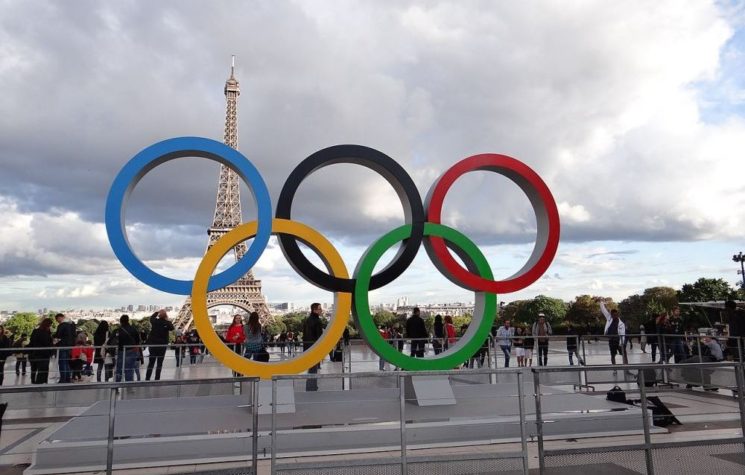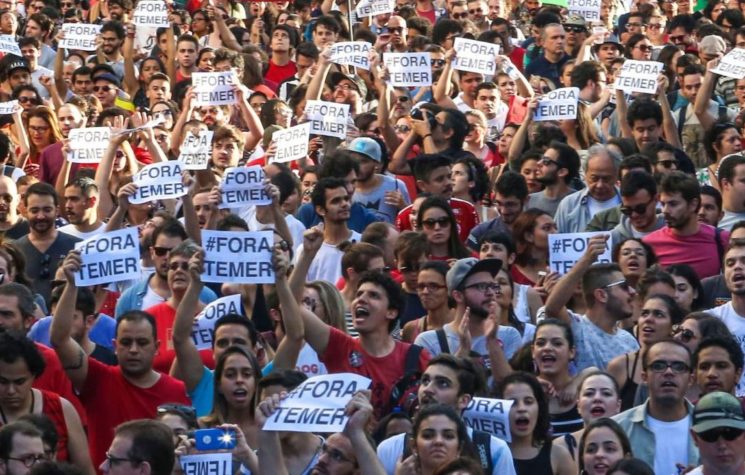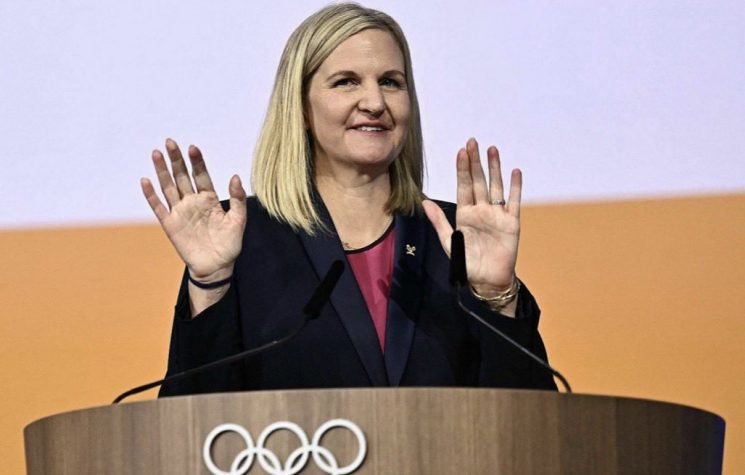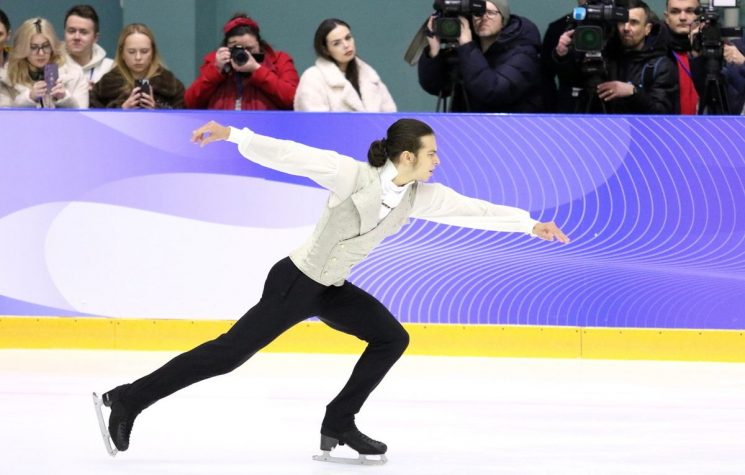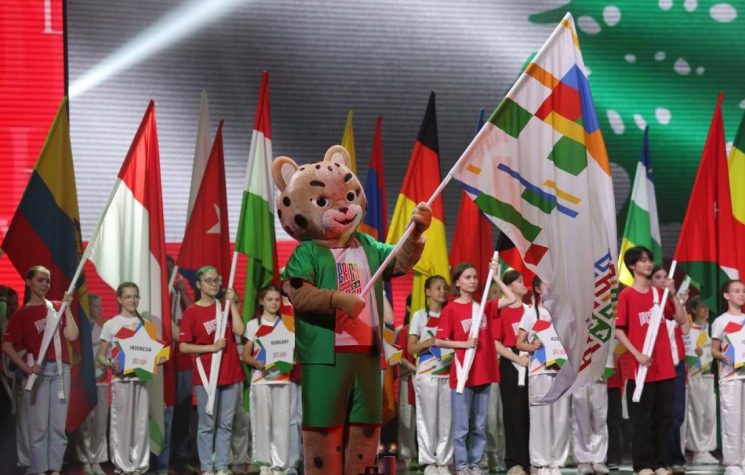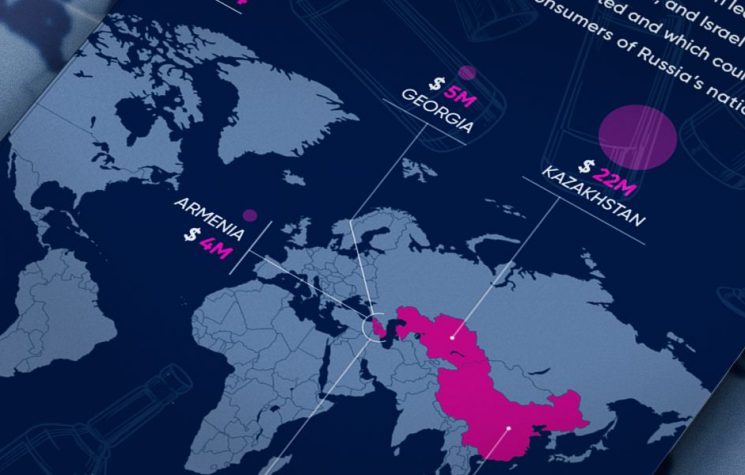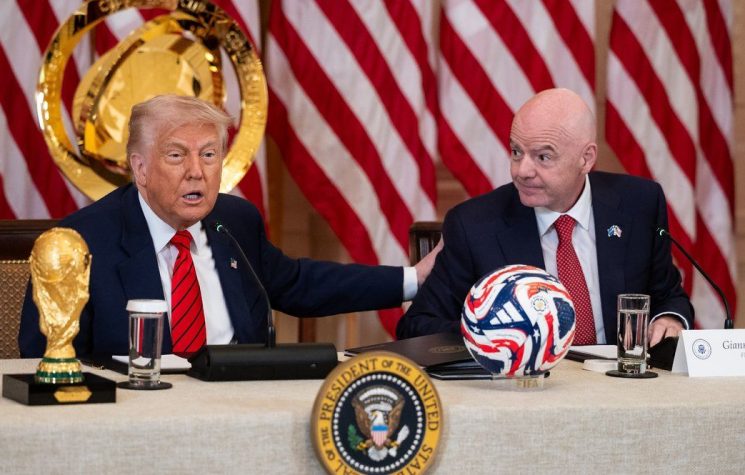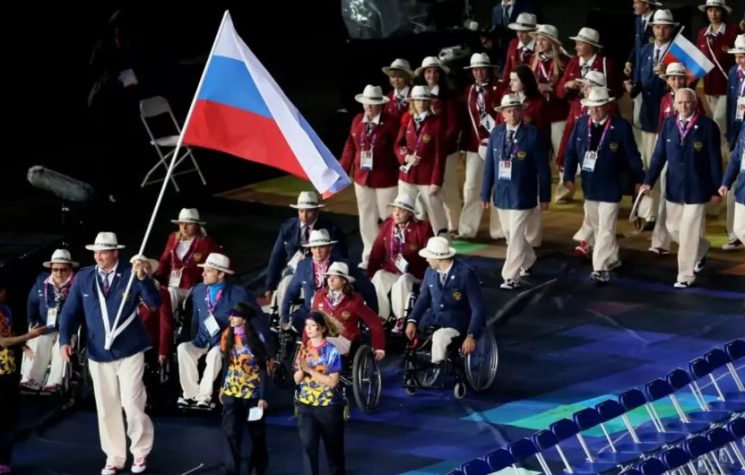There’ve been ongoing propaganda pieces that skirt over some inconvenient realities, for those seeking to unfairly admonish Russia in the Olympic movement. One case in point is the January 2 Reuters article “Use 1992 Yugoslavia Precedent for Russians in Tokyo – Historian“. With a stated “some Russians“, that article suggestively under-represents the actual number of 2018 Russian Winter Olympians at Pyeongchang, while supporting a hypocritically flawed aspect, having to do with Yugoslavia in 1992.
The downplaying of Russian participation at Pyeongchang, is seemingly done to spin the image of many Russian cheats being kept out. At the suggestion of the World Anti-Doping Agency (WADA), the International Olympic Committee (IOC) closely vetted Russians for competition at the 2018 Winter Olympics. In actuality, the 2018 Russian Winter Olympic participation wasn’t so off the mark, when compared to past Winter Olympiads – something which (among other things) puts a dent into the faulty notion that Russia should be especially singled out for sports doping.
At the 2014 Sochi Winter Olympics, Russia had its largest ever Winter Olympic contingent of 232, on account of the host nation being allowed a greater number of participants. The 168 Russian Winter Olympians at Pyeongchang is 9 less than the Russians who competed at the 2010 Winter Olympics. Going back further, Russian Winter Olympic participation in 2006 was at 190, with its 2002 contingent at 151, 1998 having 122 and 1994 (Russia’s first formal Winter Olympic appearance as Russia) 113.
The aforementioned Reuters piece references a “historian“, Bill Mallon, who is keen on using the 1992 Summer Olympic banning of Yugoslavia (then consisting of Serbia and Montenegro) as a legitimate basis to ban Russia from the upcoming Summer Olympics. In this instance, Alan Dershowitz’s periodic reference to the “if the shoe is on the other foot” test is quite applicable. Regarding Mallon, “historian” is put in quotes because his historically premised advocacy is very much incomplete and overly propagandistic.
For consistency sake and contrary to Mallon, Yugoslavia should’ve formally participated at the 1992 Summer Olympics. The Olympic banning of Yugoslavia was bogus, given that the IOC and the IOC affiliated sports federations didn’t ban the US and USSR for their respective role in wars, which caused a greater number of deaths than what happened in 1990s Bosnia. The Reuters article at issue references a United Nations resolution for sanctions against Yugoslavia, without any second guessing, in support of the preference (at least by some) to keep politics out of sports as much as possible.
Mallon casually notes that Yugoslav team sports were banned from the 1992 Summer Olympics, unlike individual Yugoslav athletes, who participated as independents. At least two of the banned Yugoslav teams were predicted to be lead medal contenders.
Croatia was allowed to compete at the 1992 Summer Olympics, despite that nation’s military involvement in the Bosnian Civil War. During the 1992 Summer and Winter Olympics, the former USSR participated in individual and team sports as the Unified Team (with the exception of the three former Soviet Baltic republics, who competed under their respective nation). With all this in mind, the ban on team sports from Yugoslavia at the 1992 Summer Olympics, under a neutral name, appears to be hypocritical and ethically challenged.
BS aside, the reality is that geopolitical clout (in the form of might making right), is what compels the banning of Yugoslavia, unlike superpowers engaged in behavior which isn’t less egregious. Although a major world power, contemporary Russia lacks the overall geopolitical influence of the USSR. Historian Stephen Cohen and some others, have noted that post-Soviet Russia doesn’t get the same (for lack of a better word) respect accorded to the USSR. This aspect underscores how becoming freer, less militaristic and more market oriented doesn’t (by default) bring added goodwill from a good number of Western establishment politicos and the organizations which are greatly influenced by them.
On the subject of banning Russia from the Olympics, Canadian sports legal politico Dick Pound, continues to rehash an inaccurate likening with no critical follow-up. (An exception being yours truly.) Between 2016 and 2019, Pound references the Olympic banning of South Africa, as a basis for excluding Russia. South Africa was banned when it had apartheid policies, which prevented that country’s Black majority from competing in organized sports. Russia has a vast multiethnic participation in sports and other sectors.
As previously noted, the factual premise to formally ban Russia from the Olympics remains suspect. The Court of Arbitration for Sport (CAS) is set to review Russia’s appeal to have the recommended WADA ban against Russia overturned, as Western mass media at large and sports politicos like Pound continue to push for a CAS decision against Russia.










